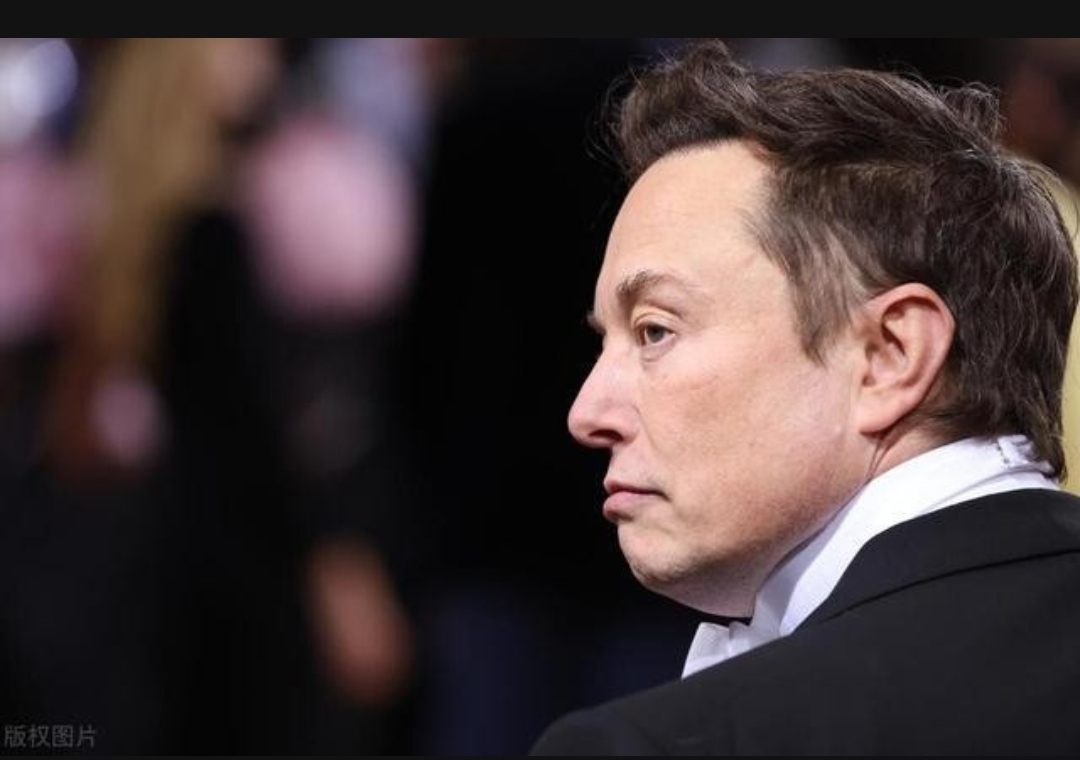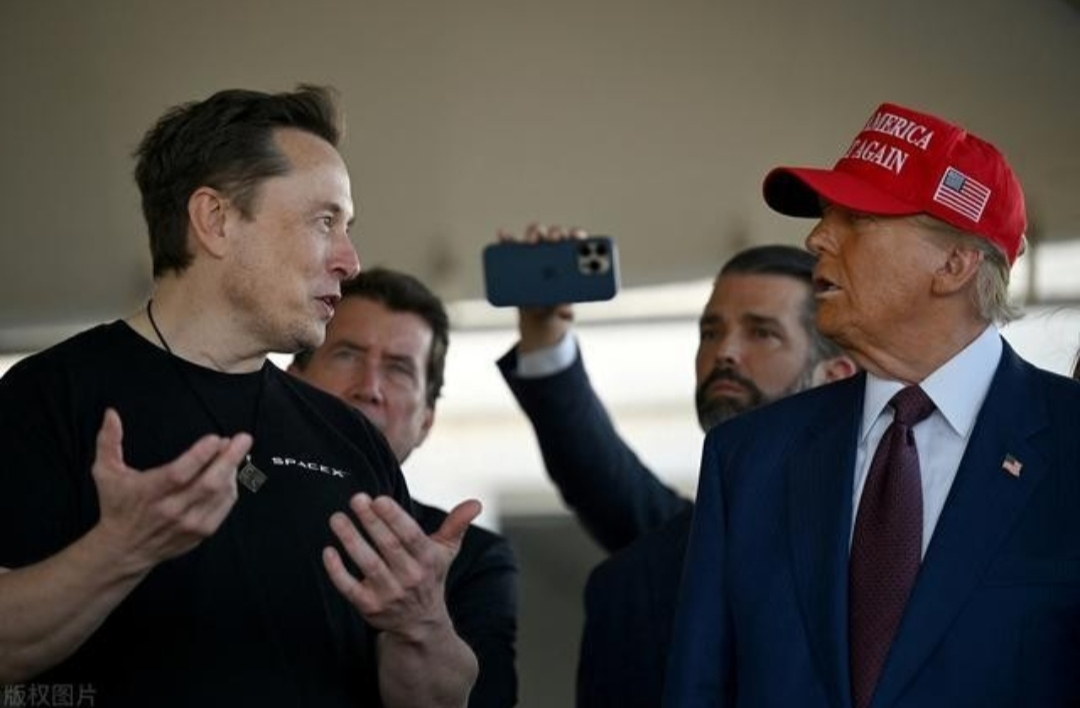Musk's business empire: Nine disruptive companies will reshape the future of mankind and challenge
 summary:
Musk's business empire: Nine disruptive companies will reshape the future of mankind a...
summary:
Musk's business empire: Nine disruptive companies will reshape the future of mankind a... Musk's business empire: Nine disruptive companies will reshape the future of mankind and challenge the global economic structure
Elon Musk, one of the wealthiest individuals in the world with a net worth of $320 billion, has a diverse business empire that spans electric vehicles, space exploration, and several other high-tech sectors. Each of his ventures is disrupting traditional industries and driving global technological and industrial transformation.
Tesla is one of Musk's most renowned companies. While it might be considered the least "valuable" among his enterprises in terms of innovation, its impact on the global automotive industry is undeniable. Tesla's electric vehicles have not only made electric mobility mainstream but also accelerated the electrification of the global automotive sector. Beyond cars, Tesla's advancements extend to sustainable energy technologies, including electric planes and ships. These cutting-edge projects have the potential to reshape future transportation and leave a profound impact on environmental protection.
Starlink, another of Musk's ventures, aims to establish a high-speed global internet network by launching 12,000 satellites into orbit. Originally envisioned as a means to fund Musk’s Mars colonization ambitions, Starlink has since evolved into a global internet service provider with millions of users. Particularly in remote and underdeveloped regions, Starlink has broken through the limitations of traditional telecommunications by offering internet access to more people worldwide.
SpaceX is perhaps Musk's most iconic company, dedicated to space exploration and technological innovation. Its mission is to send humans to Mars and enable interplanetary colonization. To make space travel more affordable, SpaceX pioneered reusable rocket technology, significantly enhancing the economic efficiency of space launches. This breakthrough not only advances international aerospace efforts but also pushes the boundaries of human space exploration.
Neuralink, another of Musk's cutting-edge initiatives, focuses on developing brain-computer interface technology. The company's goal is to bridge the gap between the human brain and computers, enabling direct communication. Neuralink has achieved breakthroughs such as helping paralyzed patients regain motor functions. As the technology evolves, it could even unlock possibilities like consciousness preservation and longevity.
To tackle the growing problem of urban traffic congestion, Musk founded The Boring Company, which aims to create underground tunnel systems to alleviate surface traffic. By building a fast and efficient underground transportation network, this project could dramatically reduce commuting times and improve urban efficiency. While still in the experimental stage, the project holds immense future potential.
The Model π smartphone, another innovative product associated with Musk, goes beyond being a conventional smartphone. It integrates technologies such as Starlink connectivity, solar charging, and brain-computer interfaces, revolutionizing the smartphone industry. The phone’s standout feature is its seamless integration with Neuralink, providing users with a more intelligent and efficient human-machine interaction experience.
In the field of sustainable energy, SolarCity focuses on developing residential solar power systems. By installing solar roof tiles, SolarCity enables homes to generate their own electricity, reducing energy costs and promoting environmental sustainability. These solar tiles are not only efficient but also blend seamlessly into architectural designs, enhancing aesthetics.
The Hyperloop project is another exciting transportation revolution spearheaded by Musk. Using vacuum magnetic levitation technology, the Hyperloop promises near-supersonic ground transportation, significantly shortening travel times between cities. Once widely adopted, this technology could transform global transportation networks and foster closer connections between cities worldwide.
In the realm of artificial intelligence, Musk was an early investor in OpenAI and actively supports AI development. However, he has also expressed concerns about the potential risks of AI, warning that its dangers could surpass those of nuclear weapons. Musk has called for strict regulation and oversight of AI to address ethical and safety concerns, urging the global tech community to prioritize these issues.
Musk's success has also been closely tied to the policies of former U.S. President Donald Trump. During Trump’s administration, companies like SpaceX and Tesla secured numerous government contracts, providing crucial support for Musk's ambitious goals. Additionally, Trump’s government reforms, such as streamlining federal agencies and adopting AI systems, further bolstered Musk's business ventures. However, Musk’s grand vision comes with significant risks, especially in AI and space exploration, where potential safety hazards and ethical dilemmas demand global vigilance.
Tags: Musk, Tesla, Starlink, SpaceX, AI


